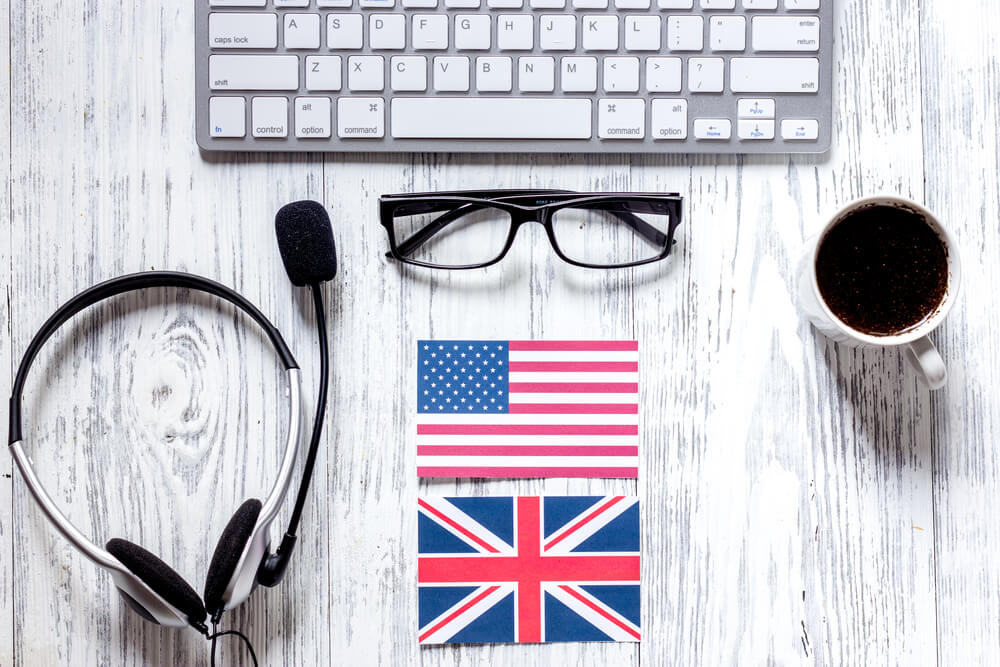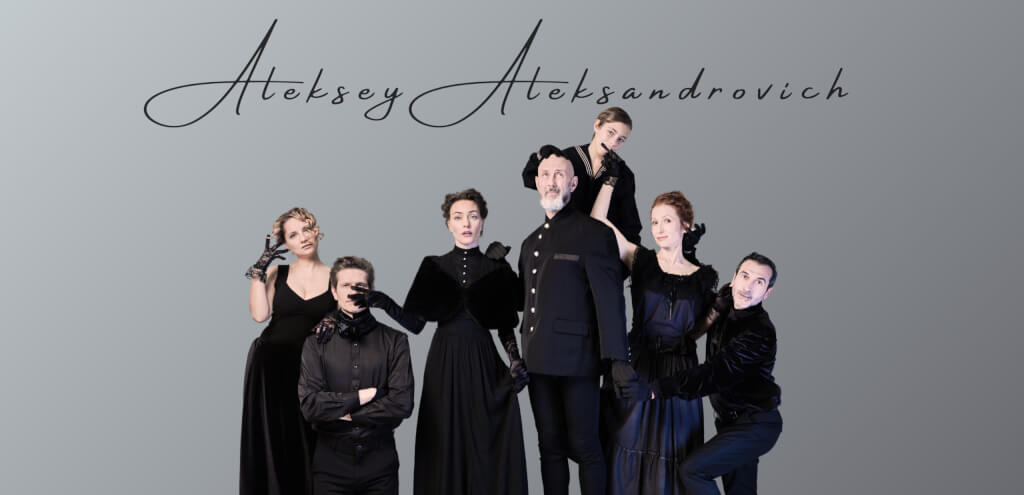American vs British: what are the main differences between the two variants of English
'06.07.2021'
Nurgul Sultanova-Chetin
English is the language of communication in the United States. But bad luck, most of the immigrants taught the British version of this language at school, and in the USA they use the American version, which is noticeably different. Website International House Minsk has compiled a list of four major differences between the two versions of English so that everyone can quickly switch from one to the other.

Writing words
The joke "spelled Liverpool, pronounced Manchester" is great for describing British English. For residents of the United States, the spelling is closer to pronunciation, since they skip double consonants and do not write unpronounceable letters.
- color → color;
- aluminum → aluminum;
- analyze → analyze;
- theater → theater;
- traveling → traveling;
- jewelery → jewelery;
- program → program;
- check → check.
On the subject: How and where immigrants in New York can learn English for free
Differences in vocabulary
Among the most common words are those that exist in only one of the two languages. Fortunately, there are not very many of them, but they are quite capable of creating an awkward situation. For example, never tell a Briton "You have nice pants"because "pants" in British English is underwear, not pants.
In order not to get into an awkward situation, study this list of words and use them with the appropriate interlocutor (in the left column are the words for British English, in the right - American):
- metro: underground - subway;
- French fries: chips - French Fries;
- first floor: ground floor - first floor;
- sweets: sweets - candies;
- cookies: biscuit - cookie;
- apartment: flat - apartment;
- mail: post - mail;
- taxi: taxi - cab;
- autumn: autumn - fall;
- wardrobe: wardrobe - closet;
- shop: shop - store.

Differences in grammar
The Americans decided to simplify everything here too:
- instead of Present Perfect, they use Past Simple for events that just happened or were in the past, but are not related to the present:
“I lost my key. Can you help me look for it? " instead of "I have lost my key. Can you help me look for it? " (I lost my key. Can you help me find it?);
- use the adverbs just, already and yet with Past Simple, the Briton uses them only with Present Perfect:
“I'm not hungry. I just had lunch " instead of "I'm not hungry. I have just had lunch " (I'm not hungry. I just had lunch);
- irregular verbs like burn, learn were made correct by adding the endings -ed:
“Their new house was burned. He learned all the rules " (Their house was burned down. He learned all the rules).

Differences in pronunciation
In speech, intonation is the main indicator. Thanks to it, you can immediately determine the country of origin of the interlocutor. An American's intonation will be downward or even, which is more familiar to the ear of a Russian-speaking person. But the British have 3 intonations:
- ascending,
- ascending-descending,
- descending.
If you have ever watched English films in the original or spoke to a Londoner, you probably remember how at the beginning the speech seemed incomprehensible and overly emotional.
On the subject: Common Household Words You May Not Know: Test Your English
Even at a beginner level of study, an adult will notice a difference in the pronunciation of [r] - the British do not pronounce it at all before the vowels (girl, part), while the Americans pronounce it. However, Americans miss the [j] in words like Tuesday or tune. There are also differences in the pronunciation of h, the British at the beginning of the word swallow it completely, and the Americans pronounce it, in some words the Americans make [a] from the letter “o”, for example, in the word hot, the British never do that.







